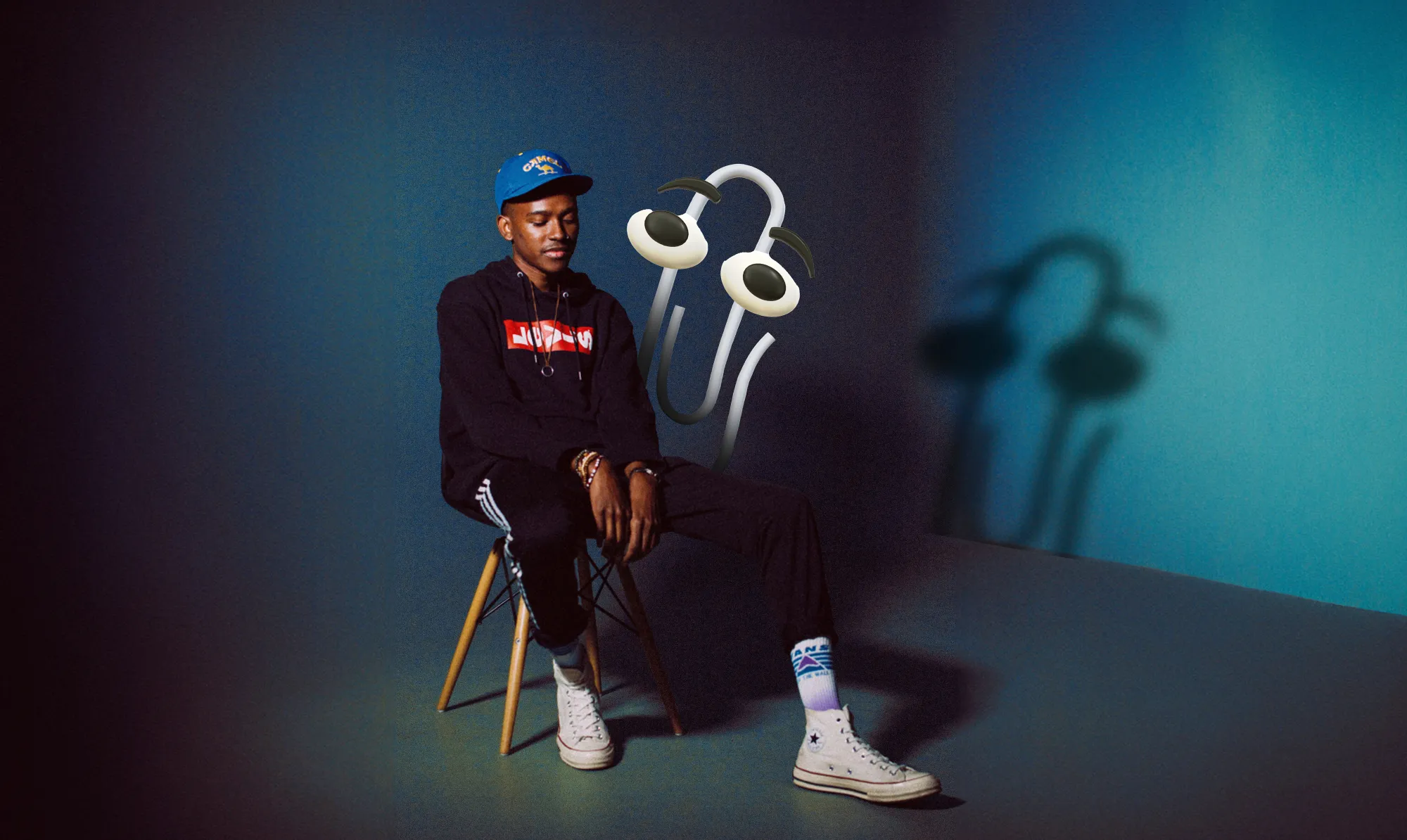There’s no shortage of tweets, articles and videos proclaiming AI is changing the way we work, the jobs we do and the products we sell.
But how widespread are artificial intelligence products? How does it affect job and career prospects? We wanted to know, so we surveyed 100+ tech professionals how AI has impacted their company, product and people.
Want to see our findings in a neat infographic? Check it out below:












Here’s what we found:
Almost half of the tech companies now have an AI-enabled product
Our first question was “Has your company released an AI-powered feature/product?”
In our sample, 52.94% of respondents answered “yes”. The rest (47.06%) had not shipped an AI-powered product.
What does that mean?
The distribution is close to 50/50. This is impressive for a technology that went mainstream only somewhat recently.
Most tech companies are planning to build with AI
Exactly two thirds (66.67%) of responses answered yes to “Is your company planning to release an AI-powered product or feature?”, with only one third (33.33%) answering no.
What does that mean?
These results are interesting in combination with the previous question. While only half the companies companies have built with AI, two thirds are planning to ship more AI features or build their first one.
This shows a clearly growing interest.
AI sounds less scary and makes products sound powerful
Our next question, “Did you or do you plan to market the feature as using AI or AI-powered?” surprised us. 61.45% answered yes, compared to a 38.55% no response.
What does that mean?
Some users in the public are afraid of artificial intelligence. Most tech companies are still comfortable attaching the AI label to their products. This might signal a change towards AI making products sound powerful, not scary.
Where do you see the biggest opportunity in building with AI?
To find out the reasoning behind building with AI, we answered “Where do you see the biggest opportunity in building with AI?”, to which respondents said:
- Create new functionality: 33.33%
- Improve existing processes: 28.43%
- Experiment with AI because it's the future: 18.63%
- Achieve feature parity with a competitor: 12.75%
- Improve user acquisition/activation: 6.86%
Navigating these can be hard. When prompted in a follow-up, one respondent noted their “company seems motivated to chase low hanging fruit rather than build something truly differentiated.”
What does that mean?
One of the most interesting parts is that only around 7% of companies stated they’d use AI to improve user acquisition/activation, which makes it seem like there are many uses for AI in products, but few in marketing/growth.
AI has various use cases, tech companies like them all
To find out what role artificial intelligence would play in a product, we asked “What would/did you use AI for in building your product?”
Here are the responses:
- Net-new product or feature: 27.45%
- Improve existing features: 25.49%
- AI chatbot/user support: 23.53%
- Onboarding/Self-serve: 19.61%
- Other: 3.92%
These can have different levels of impact on the business. When we asked a respondent what benefits they had seen from the use case they chose, they said: [It] Increased feature adoption [and is] a sexy feature for sales to sell but it's not the bread and butter of the Business yet.”
What does that mean?
This question saw the closest distribution of answers in our survey. The results indicate that there are various uses for AI within tech products.
The hardest thing: The technical part
Implementing new technology is always difficult. That’s why we asked: What do you see as the biggest challenge in building products with AI?
Here’s what people said:
- Technical or engineering challenges: 30.39%
- Figuring out a use case in your product: 25.49%
- Resource constraints: 17.65%
- Compliance: 13.73%
- Marketing: 7.84%
- Other: 4.90%
What does that mean?
Perhaps connected to the subsequent questions about hiring, technical challenges seem to be the hardest part of building a tech product using AI models. Another interesting insight is that finding a use case seemed to be difficult—even when most companies want to build with AI (see question 2).
More than half of the companies want specialized AI talent
Finally, we wanted to know how AI might affect tech hiring in the future. We asked “Did/would you hire specialized AI/ML talent and/or assign a team to work on AI full time?”, to which 53.92% said yes, while 46.08% answered no.
It’s easy to imagine “AI talent” to mean machine learning engineers. That doesn’t have to be the case. As one respondent said in a follow-up around the skills they seek that they look for the ability to adapt to and utilize new tools and technology for improved efficiency.
What does that mean?
We hear that AI is changing the way we work. Our survey seems to confirm this: With more than half of the responses stating they’d like specialized AI talent, it looks like knowing your way around AI is already a career booster.
AI is changing what skills employers look for
To conclude our research, we asked tech workers whether they agreed with the statement “AI has impacted how you hire/which skills you look for”. Here’s what they said:
- Agree: 39.22%
- Disagree: 24.51%
- Strongly agree: 24.51%
- Strongly disagree: 11.76%
When we asked on more specifics, one respondent cautioned against candidate sourcing of too many AI specialists too quickly: “When you have a hammer you go looking for nails everywhere. Some problems can be solved heuristically and AI envelope should be pushed only when it's required. [My] current organisation is willing to experiment with AI so having an ML engineer helps.”ö
What does that mean?
With the majority of companies saying AI has impacted their hiring, it might soon become an indispensable skill.
Other interesting insights
Companies are decisive
- Out of 48 companies that have not released an AI-powered feature or product, 30 have no plans to release one, while 18 do have such plans. This data suggests that some companies are decisively not using AI.
- In contrast, of the companies that have released an AI product, a significant majority (50 out of 54) are planning to release more AI-powered products or features.
Whether you use AI or not, technical challenges are biggest
- Companies that have released AI products cited "Technical or Engineering" challenges (18 responses) and "Resource Constraints" (12 responses) as the biggest challenges.
- On the other hand, companies that have not released AI products also cited "Technical or Engineering" challenges (13 responses) but had a higher proportion citing "Figuring out a use case in your product" (16 responses).
AI is changing hiring (if your company uses it)
- Companies that have released AI products are more likely to strongly agree (21 responses) that AI has impacted how they hire or the skills they look for. Only 1 strongly disagreed.
- Companies without AI products don’t seem to be affected, with 17 disagreeing and 11 strongly disagreeing.
There’s a difference in how AI influences hiring practices depending on how companies use/eschew AI technologies.
The rumors are true… AI changes product
The findings from our survey clearly show a tech industry in transition. AI is not quite universally adopted (like, say, the cloud), but has become an influential component of many software products and workflows.















